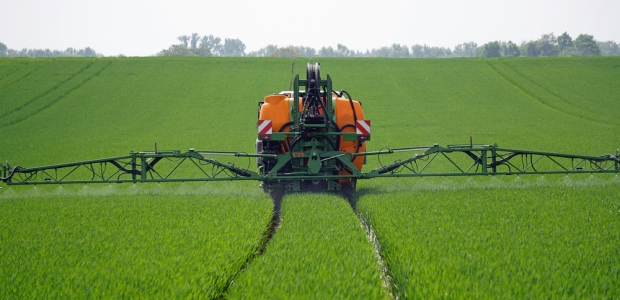
ECHA Reauthorization Case for Glyphosate Heating Up
The agency's Committee for Risk Assessment will adopt a final opinion by the end of November on whether to extend the authorization for glyphosate, a widely used herbicide that is classified as a probable human carcinogen by the International Agency for Research on Cancer, to continue being used in the European Union.
The European Chemicals Agency's Committee for Risk Assessment is developing an opinion on the classification of glyphosate, a widely used herbicide that is classified as a probable human carcinogen by the International Agency for Research on Cancer, aiming to adopt a final opinion by the end of November 2017 on whether to extend the authorization for it to continue being used in the European Union. Stakeholders on both sides of the question are weighing in, and ECHA has posted two letters on its website this month stressing there are no conflicts of interest by the committee's chairman, Tim Bowmer, or two of its members.
The letters written by Geert Dancet, ECHA's executive director, are addressed to Jorgo Riss, director of the Greenpeace European Unit. In a March 8 letter to Dancet, Riss alleged that ECHA has failed to apply its own rules on conflicts of interest. "Conflicts of interest related to industry consultancy cannot simply be declared. They must be ruled out," Riss wrote. "ECHA's conflicts of interest policy requires that experts declare the 'provision of an expert opinion or testimony in the regulatory field of activity of ECHA for a commercial entity or other organisation, as part of a regulatory, legislative or judicial process.' The definition of scientific criteria for endocrine disruptors is the subject of an ongoing regulatory process. If an expert opinion in relation to this process can be omitted from the declaration of interests, the requirement to disclose such interests may as well be scrapped. These rules only make sense if they are enforced."
ECHA conducted a public consultation on glyphosate last summer and accepted more than 300 comments on its use. The authorization for using it in the EU has expired and been extended until the end of 2017 as the agency decides whether to extend it for another 15 years.
Stakeholders including the Health and Environment Alliance, the European Food Safety Authority, and the Glyphosate Task Force have offered opinions to the agency on the safety of glyphosate, including at a December 2016 committee meeting, with EFSA concluding in its presentation there that the overall evidence is inconclusive for a causal link between glyphosate and cancer in human studies.